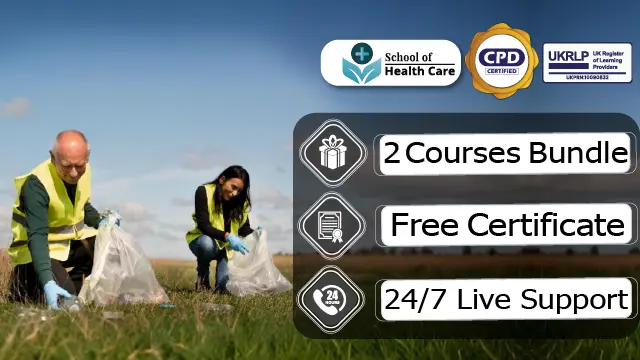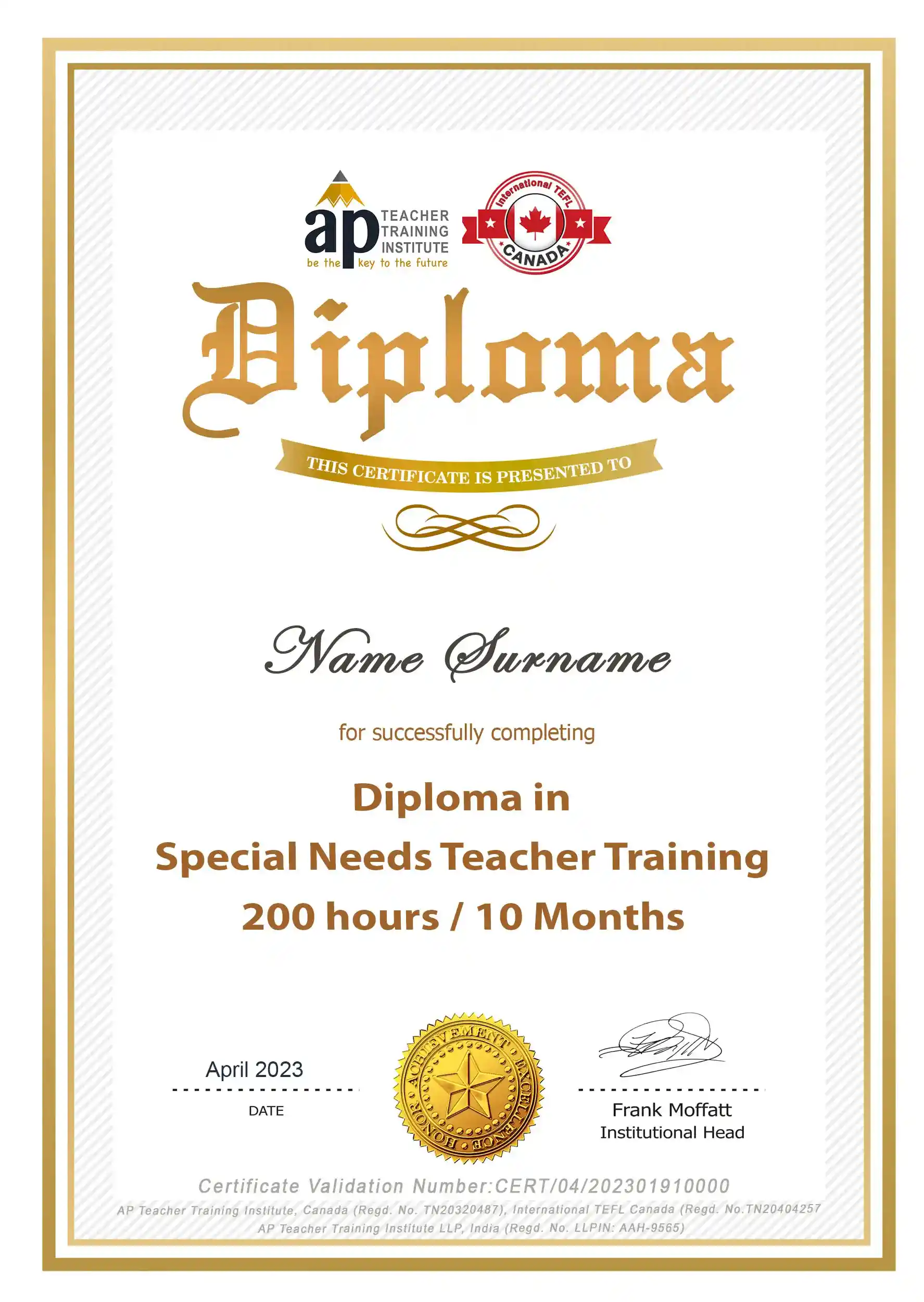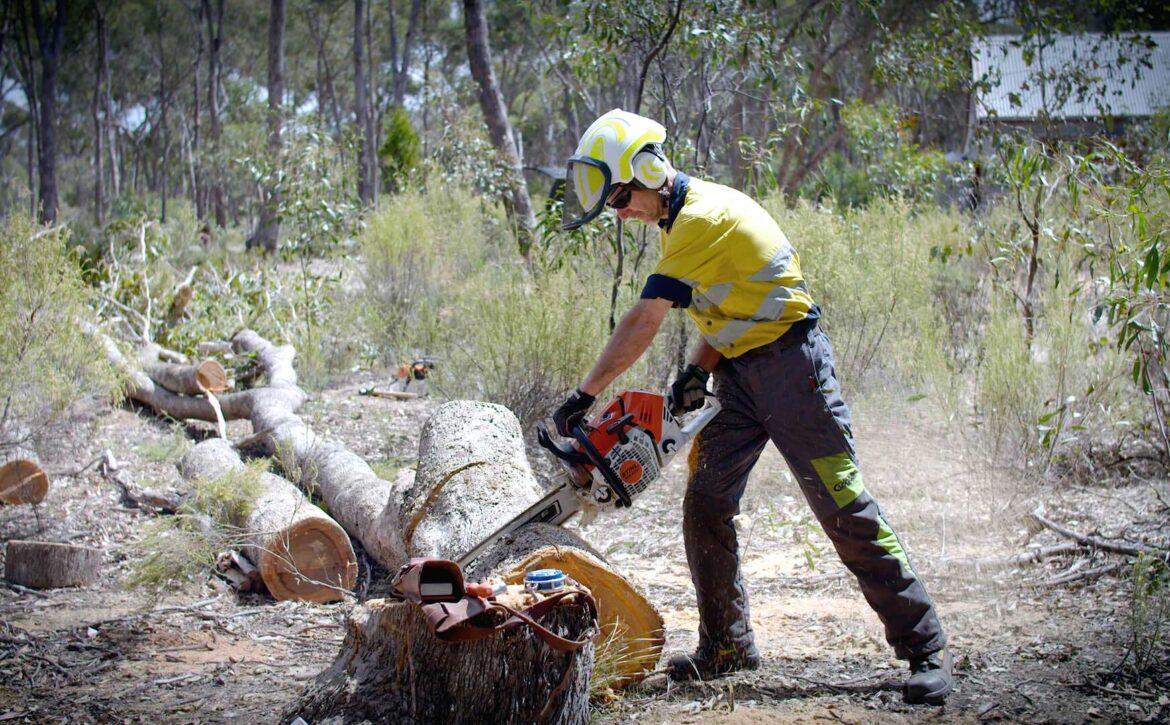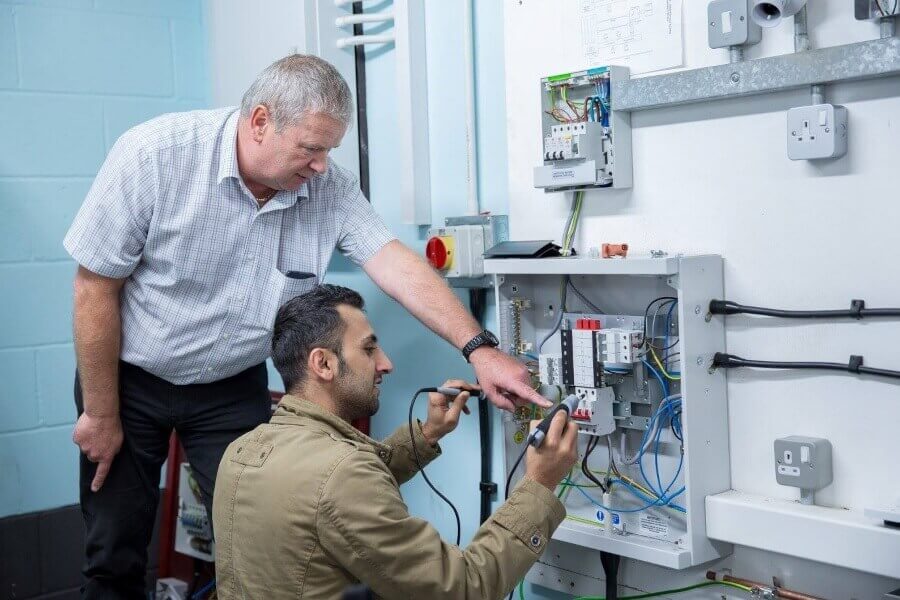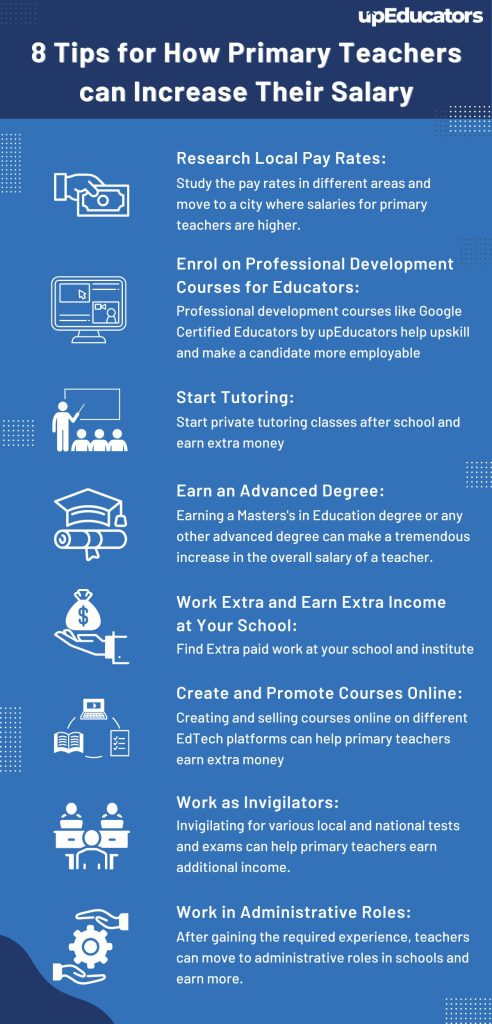How to Become a Bricklaying Training Course: Expert Tips
Imagine having the skills to shape the very foundations of a building, creating structures that stand the test of time. Bricklaying is not just a trade; it’s an art form that combines precision, creativity, and a deep understanding of materials.
If you’re considering a career in construction or are simply intrigued by the craft, knowing how to become a bricklaying expert is the first step towards a fulfilling future. This guide will show you the essential steps to enroll in a bricklaying training course, giving you the expertise to lay the groundwork for your career.
Discover why bricklaying could be the perfect match for your skills and ambitions. Let’s dive into how you can build your future, one brick at a time, and transform your professional life.

Choosing The Right Bricklaying Course
Choosing the right bricklaying course is crucial for your career. It can shape your skills and open new opportunities. But how do you find the right one? Consider several factors, including accreditation, duration, and costs. Each plays a significant role in your decision.
Accreditation And Certification
Accreditation ensures the course meets industry standards. It provides credibility to your training. Certified courses often have better resources and instructors. This enhances your learning experience. Check if the course offers a recognized certification. This boosts your employability and trust with future employers.
Course Duration And Flexibility
Course duration varies. Short courses provide quick skills. Long courses offer in-depth knowledge. Choose according to your needs and schedule. Flexibility is key for working individuals. Look for courses with part-time or online options. This allows you to learn at your own pace.
Comparing Costs And Benefits
Bricklaying courses come with different price tags. Compare the costs against the benefits. Look for what the course offers in terms of resources and support. A higher cost might mean better facilities and experienced instructors. Balancing cost and quality is essential for a wise investment.
Essential Skills For Aspiring Bricklayers
Bricklaying is an art. It requires a blend of skill and creativity. Aspiring bricklayers need specific skills to excel. These skills ensure precision and safety on the job.
Understanding these skills can set a strong foundation. It prepares you for a successful career in bricklaying. Let’s explore the essential skills every aspiring bricklayer should develop.
Technical Skills Required
Technical skills form the backbone of bricklaying. You need to know how to measure accurately. Laying bricks with precision is crucial. Understanding mortar mixing is also important. These skills ensure structures are stable and durable.
Safety Practices And Protocols
Safety is paramount in bricklaying. Knowing safety protocols protects you and others. Always wear protective gear. Learn how to handle tools safely. Understanding safety practices reduces the risk of accidents.
Problem-solving And Creativity
Bricklaying often involves unexpected challenges. Problem-solving skills help you tackle these issues. Creativity allows you to find unique solutions. Designing structures requires innovative thinking. These skills enhance your work and make it stand out.
Building A Strong Foundation
Building a strong foundation is crucial in bricklaying. It sets the stage for your career. A well-rounded training course helps you develop essential skills. You’ll gain knowledge on techniques, tools, and materials. Practical experience is key. Let’s explore how to build this foundation effectively.
Understanding Basic Techniques
Bricklaying starts with understanding basic techniques. Learn how to lay bricks evenly. Ensure your work is straight and level. Focus on mixing mortar correctly. Grasp the importance of jointing and pointing. These steps form the core of bricklaying. Practice them to gain confidence.
Mastering Tools And Materials
Knowledge of tools and materials is vital. Understand the uses of trowels, spirit levels, and jointers. Know the difference between various bricks and mortars. Select the right materials for each project. Proper handling improves efficiency. It enhances the quality of your work.
Hands-on Practice And Application
Practice is the best teacher. Apply what you learn in real-world settings. Build walls, corners, and arches. Test your skills in diverse conditions. Experience helps refine techniques. It boosts problem-solving skills. Regular practice builds a strong foundation.
Maximizing Training Experience
Enhance your bricklaying skills by joining a focused training course. Learn hands-on techniques from experienced instructors. Gain practical knowledge to excel in the construction field.
Maximizing your training experience in a bricklaying course is key to mastering the craft. You want to leave the course feeling confident and ready to tackle any bricklaying project. Here are some practical tips to ensure you get the most out of your training.
Engaging With Instructors
Connect with your instructors. They hold a wealth of knowledge and experience. Ask questions to clarify doubts and gain deeper insights. Listen actively during lessons. Engage in conversations about techniques and challenges. This interaction helps you grasp concepts better. Don’t hesitate to seek feedback. It’s crucial for your progress. Instructors can provide personalized guidance to improve your skills.
Participating In Workshops
Hands-on workshops are invaluable. They give you practical exposure to bricklaying tasks. Make the most of these sessions by actively participating. Observe the techniques demonstrated. Try them out yourself. Practice is key to mastering bricklaying. Collaborate with peers. Working alongside others can offer new perspectives and approaches. It’s an opportunity to learn and share experiences.
Seeking Mentorship Opportunities
Look for mentors within the industry. Experienced bricklayers can offer guidance beyond the classroom. Their real-world advice is often priceless. Engage in conversations with seasoned professionals. They have faced challenges you might encounter. Their solutions can be your roadmap to success. Consider shadowing a mentor. It provides firsthand experience of the day-to-day tasks involved in bricklaying. You’ll see how theoretical knowledge translates into practice. Maximizing your training experience is about being proactive and open to learning. Are you ready to take these steps and excel in your bricklaying journey? The more you invest in your learning, the more skilled you become.
Advancing Your Bricklaying Career
Boost your bricklaying career by joining a specialized training course. Gain practical skills and industry knowledge. Enhance your expertise and open doors to advanced opportunities.
Advancing Your Bricklaying Career Bricklaying is more than just stacking bricks; it’s about building a solid career that stands the test of time. Once you have completed your basic training, it’s time to take your career to the next level. Advancing your career in bricklaying involves strategic moves that can set you apart in a competitive market.
Networking In The Industry
Networking can be your golden ticket in the bricklaying world. Connect with experienced professionals, attend industry events, and join relevant forums. A mentor can offer invaluable advice and open doors to opportunities you might not even know exist. Building relationships with suppliers and contractors can also lead to more work. When you are known and trusted in the community, you become the go-to person for projects. This trust can translate into steady work and even premium rates.
Exploring Specializations
Specializing in a niche can make you a sought-after expert. Consider areas like heritage restoration, eco-friendly construction, or intricate decorative work. Each specialization has its own set of challenges and rewards, offering you new skills and higher earning potential. Specializing can also provide job security. As technology advances, specialized skills remain in demand. You become less replaceable when you bring unique expertise to the table.
Continuing Education And Certifications
Continuing education is key to staying relevant. New techniques and materials are always emerging, and staying updated keeps you competitive. Workshops, online courses, and certifications can enhance your skill set and make your resume stand out. Certifications can also boost your credibility. They demonstrate your commitment to excellence and continuous improvement. Would you hire someone who hasn’t updated their skills in years or someone who is certified and up-to-date? Advancing your bricklaying career takes effort and strategic planning. Embrace networking, specialize in a niche, and keep learning. Your future self will thank you for it.
Preparing For The Job Market
Bricklaying courses open doors to stable careers in construction. Learn essential skills, like mixing mortar and laying bricks. Hands-on training prepares you for real-world projects, ensuring readiness for the job market.
Preparing for the job market after completing a bricklaying training course can be both exciting and daunting. With the right preparation, you can stand out and secure a rewarding position. This section will guide you through building a compelling portfolio, acing interviews, and understanding what employers expect from you.
Building A Portfolio
A well-crafted portfolio showcases your skills and achievements. Include photos of your completed projects, highlighting different styles and techniques. Add testimonials from instructors or clients who can vouch for your work ethic and craftsmanship. Consider creating a digital portfolio for easy sharing with potential employers.
Interviewing And Job Search Tips
Start by researching companies that align with your values and career goals. Tailor your resume and cover letter to reflect the skills they seek. Practice common interview questions and prepare examples that demonstrate your problem-solving abilities. Dress appropriately and arrive early to show your professionalism and eagerness.
Understanding Employer Expectations
Employers value reliability and a strong work ethic. They want team players who can communicate effectively and adapt to different work environments. Stay updated on industry trends and safety standards. This demonstrates your commitment to continuous learning and professional growth. What skills do you possess that could make you an asset to a potential employer? Identifying these can give you a competitive edge in the job market.
Frequently Asked Questions
What Is A Bricklaying Training Course?
A bricklaying training course teaches essential skills for building with bricks and mortar. It covers techniques like laying bricks, understanding materials, and reading blueprints. These courses are often hands-on, providing practical experience to ensure proficiency in the trade. Completing a course can lead to a career in construction.
How Long Does Bricklaying Training Take?
Bricklaying training courses typically last between a few weeks to several months. The duration depends on the course’s intensity and depth. Some programs offer part-time options for flexibility. Completing a comprehensive course ensures that students gain the necessary skills and knowledge to pursue a career in bricklaying.
Are There Prerequisites For Enrolling In A Course?
Most bricklaying courses do not require formal prerequisites. However, basic math skills and physical fitness are beneficial. Some advanced courses may require prior experience or completion of an introductory course. It’s best to check specific course requirements before enrolling to ensure you meet any necessary criteria.
What Skills Will I Learn In Bricklaying?
In a bricklaying course, you’ll learn fundamental skills like measuring, cutting, and laying bricks accurately. Courses also cover mortar mixing, blueprint reading, and safety practices. These skills are essential for creating strong, durable structures and are highly valued in the construction industry.
Conclusion
Pursuing a bricklaying course opens doors to a rewarding career. With dedication and practice, you can gain valuable skills. Start by researching reputable training programs. Choose one that fits your needs and schedule. Hands-on experience is crucial, so seek practical sessions.
Stay focused and committed throughout your training journey. Networking with industry professionals can provide valuable insights and opportunities. Keep learning even after completing your course to stay updated. Remember, patience and practice are key. Your hard work will pay off, leading to a successful bricklaying career.



